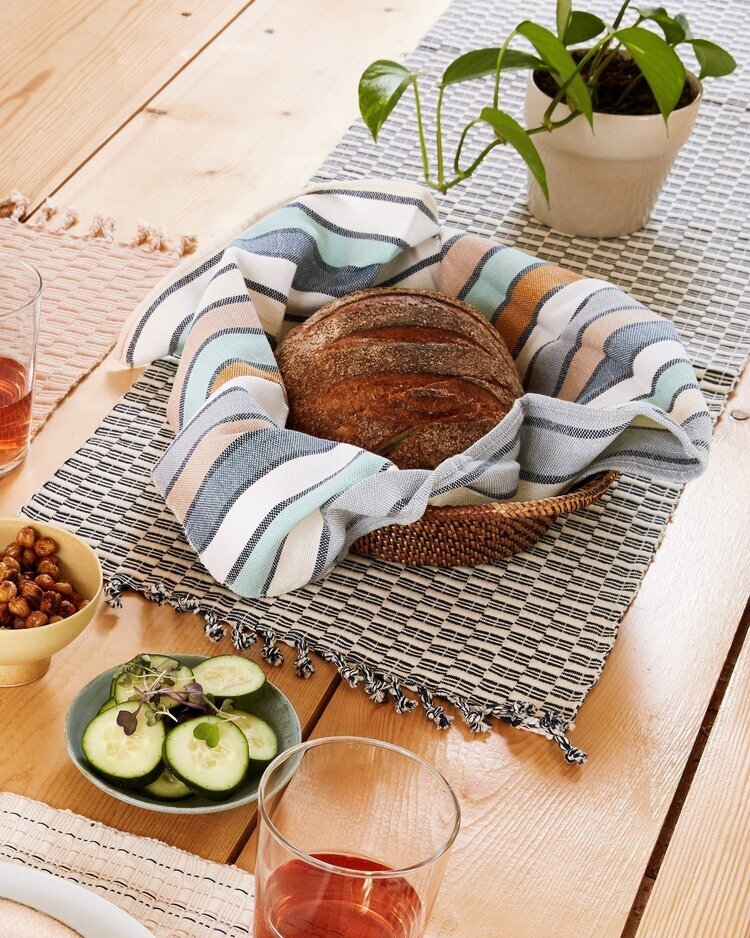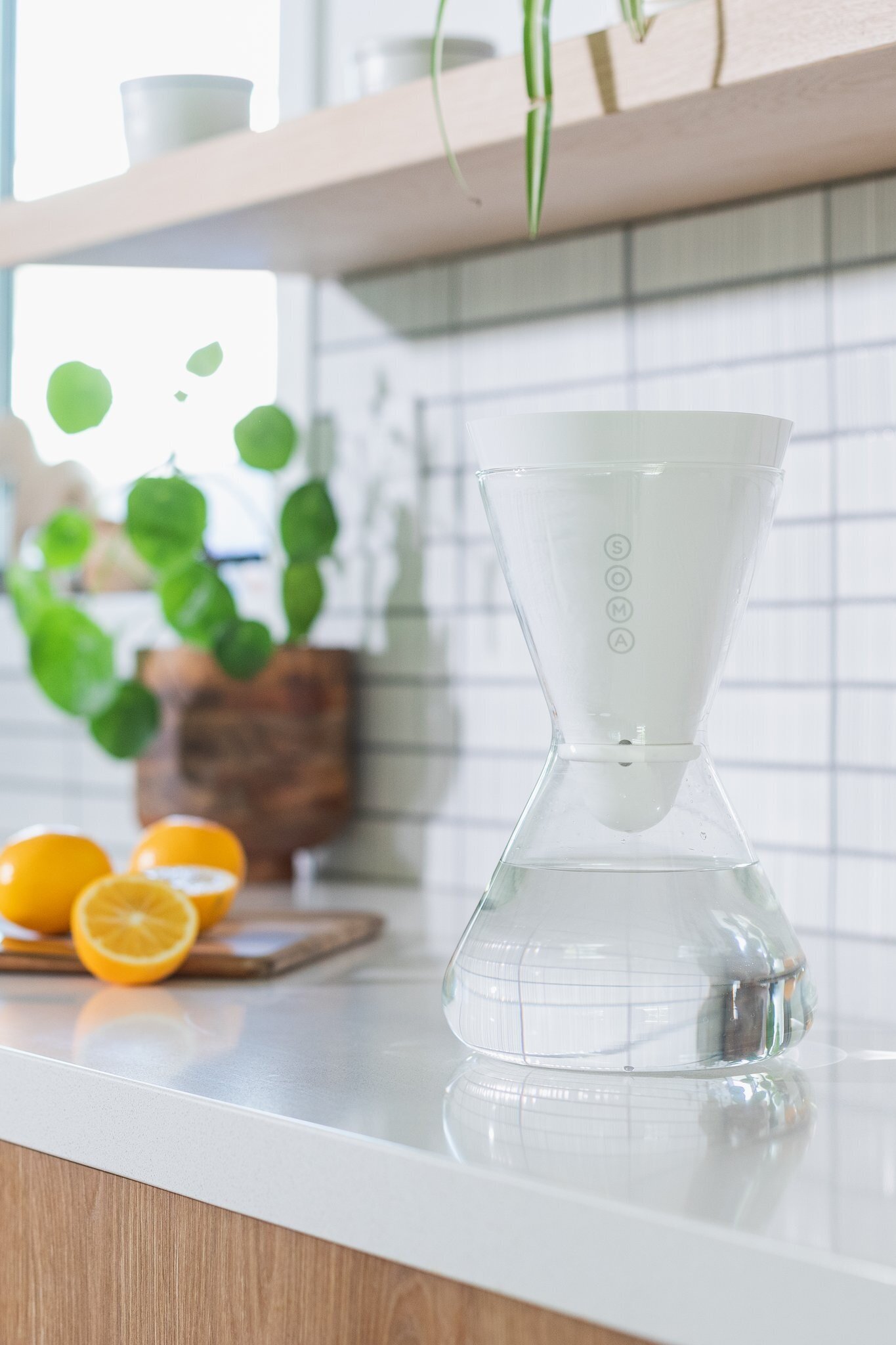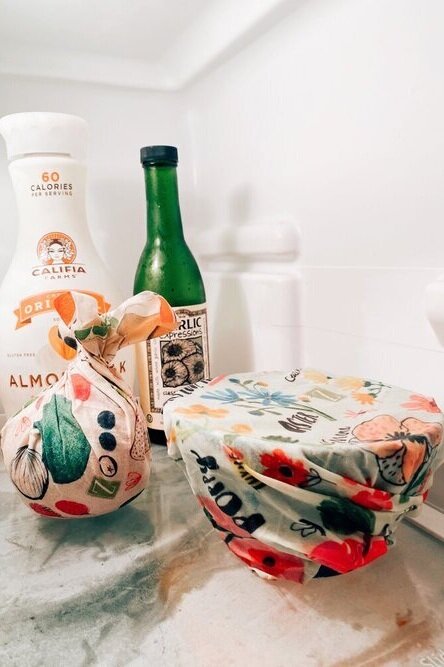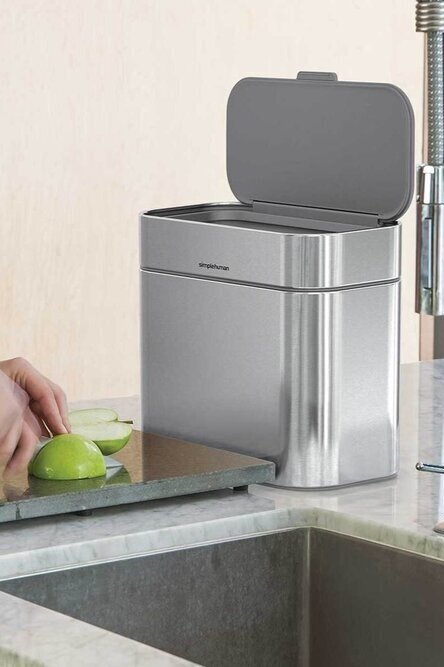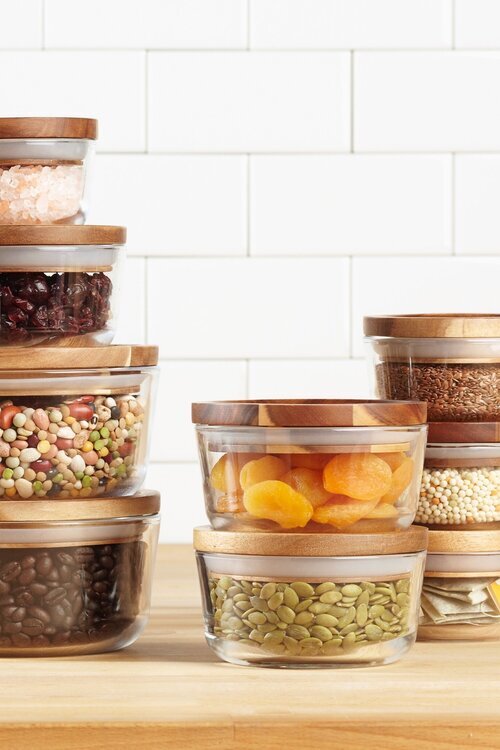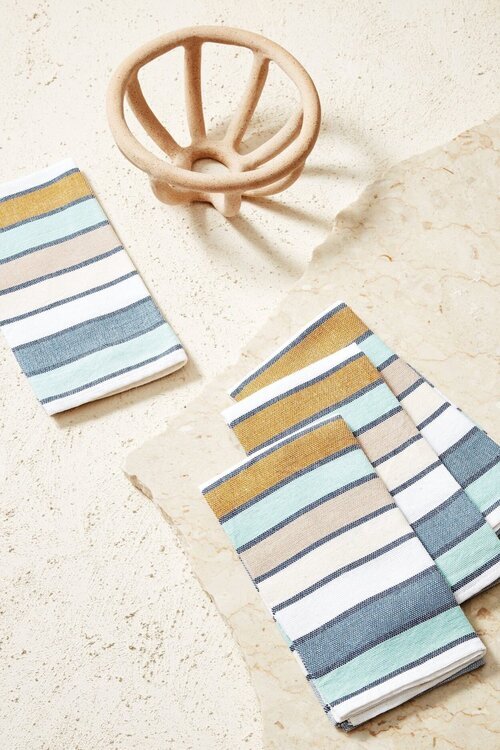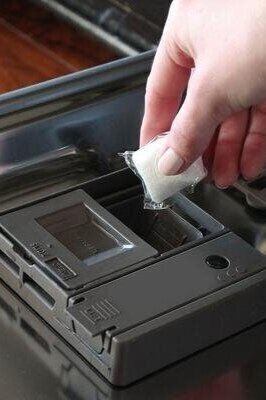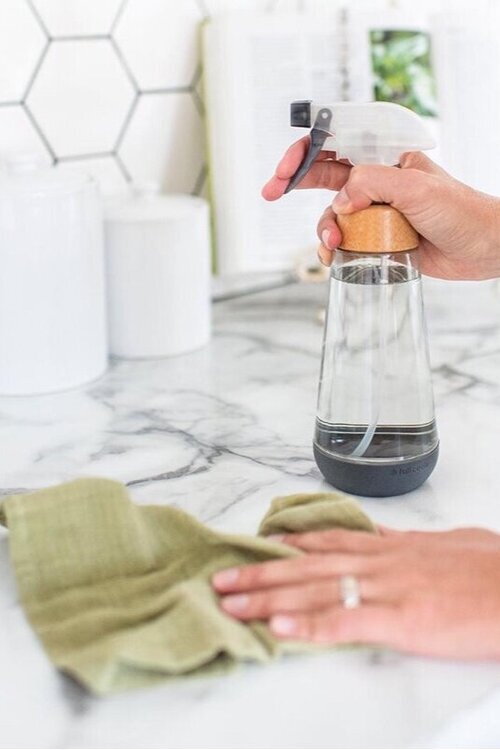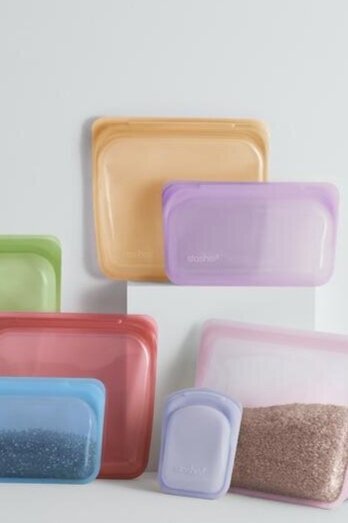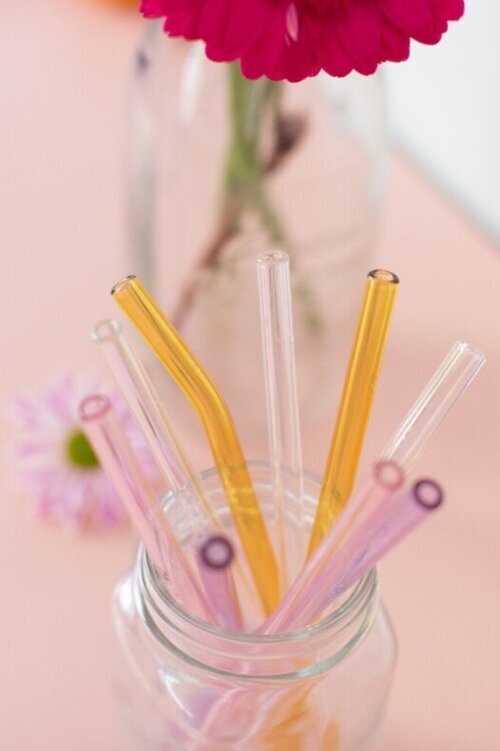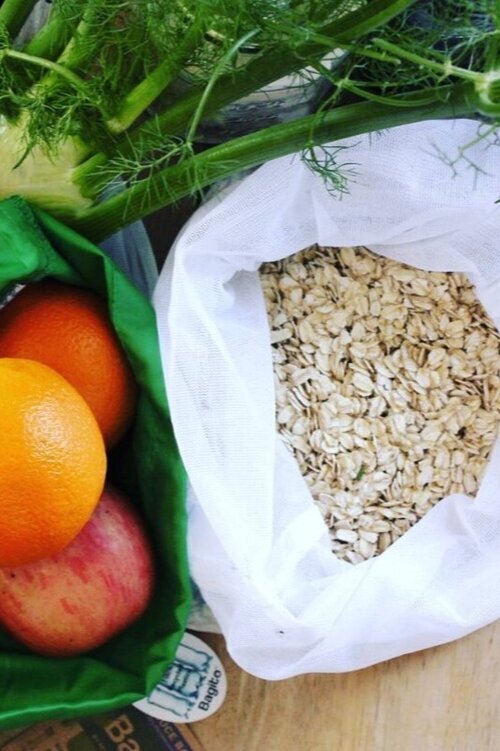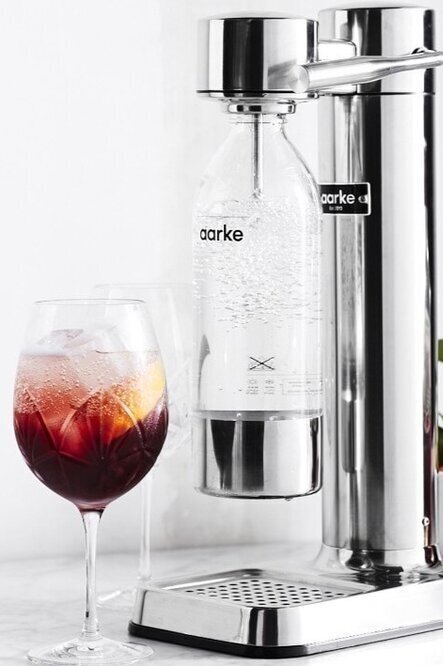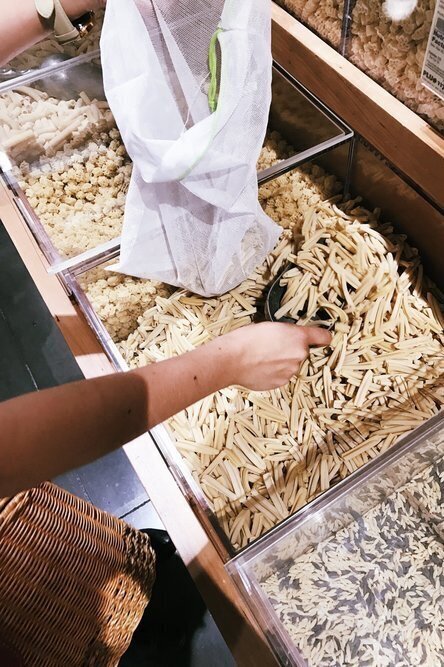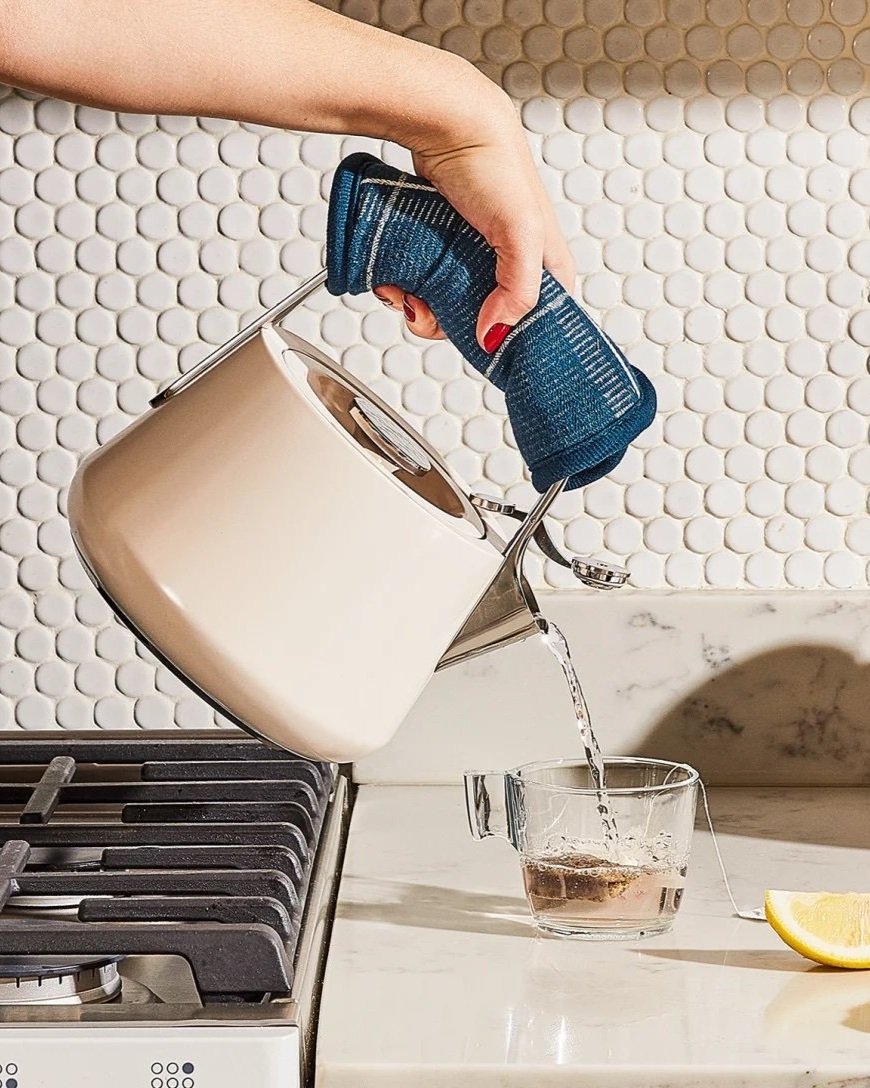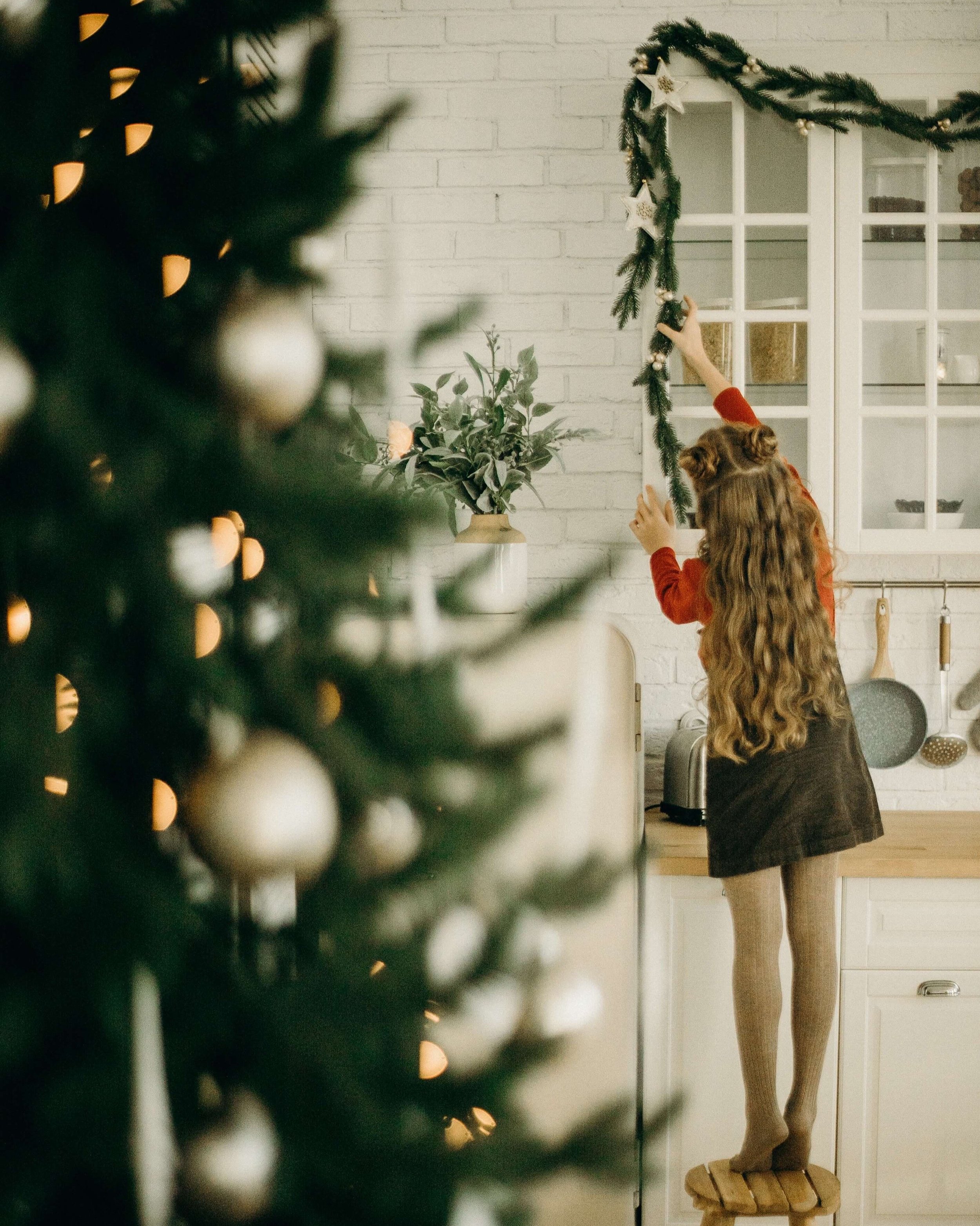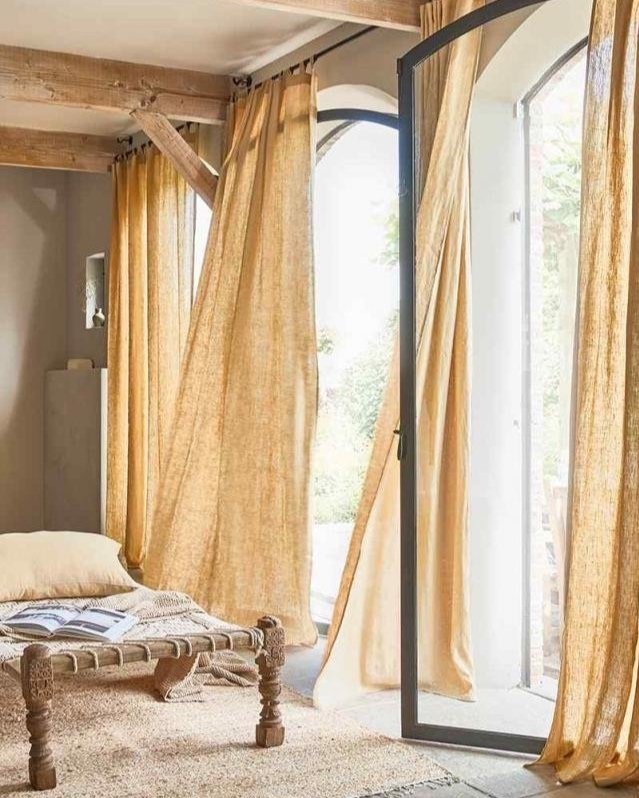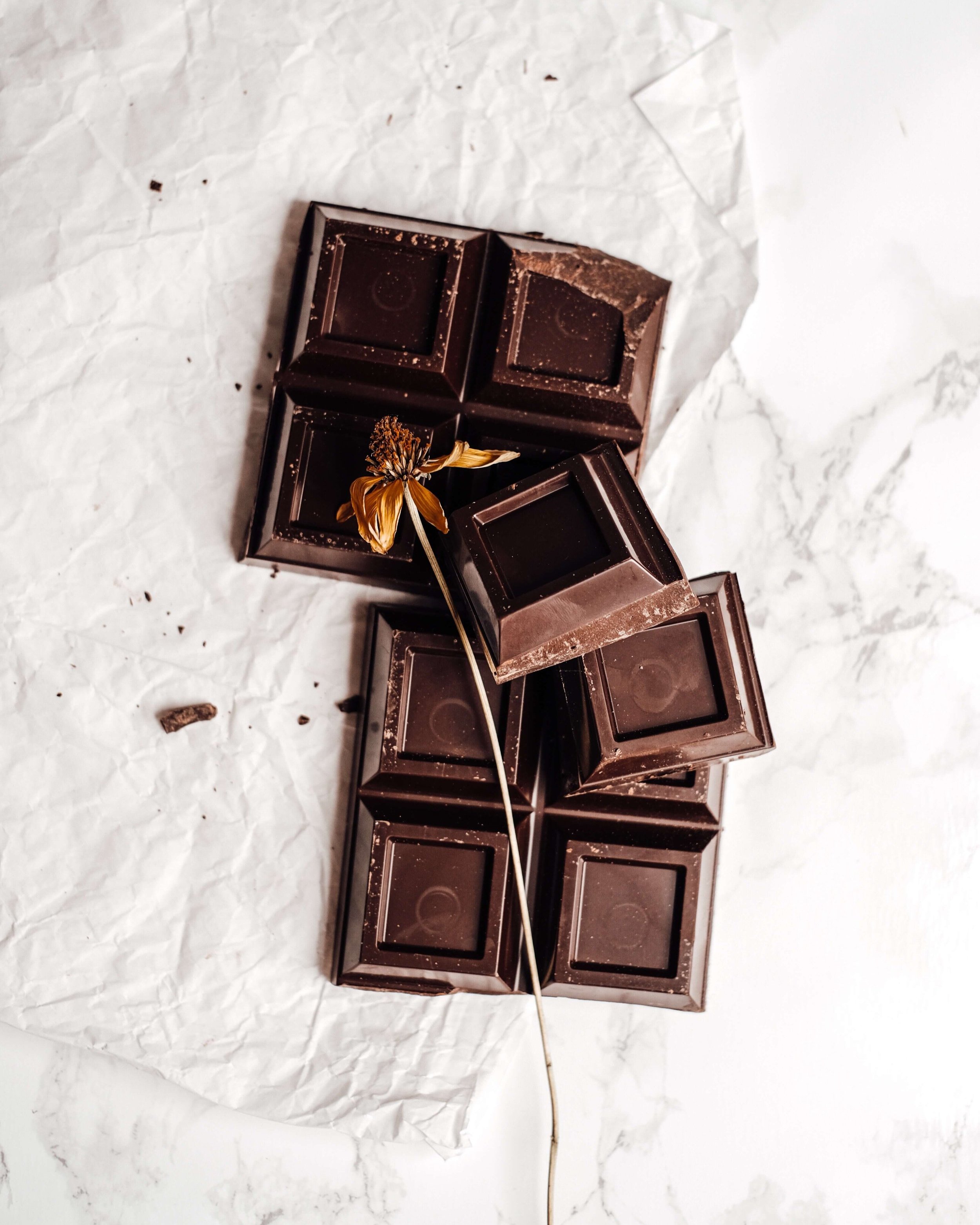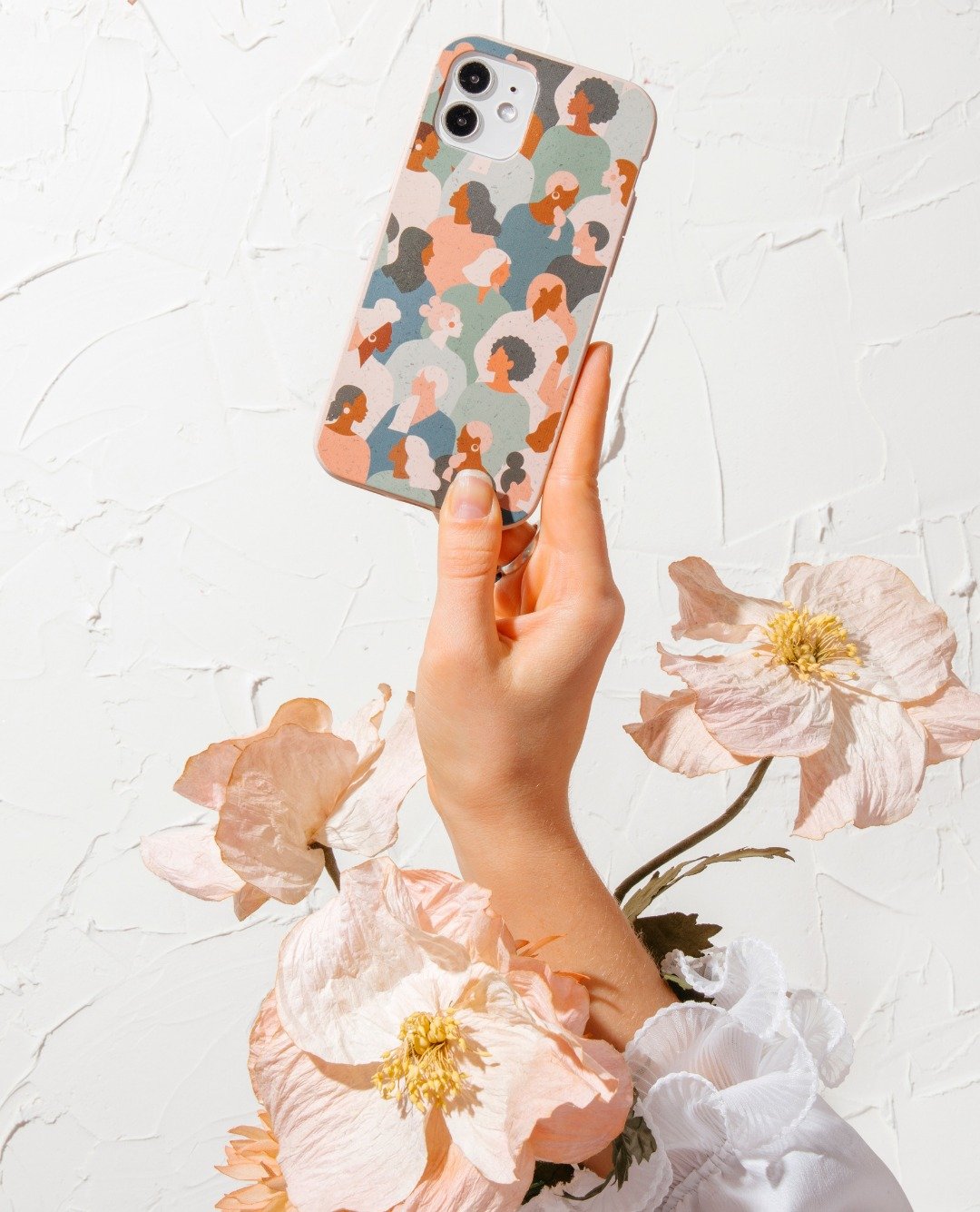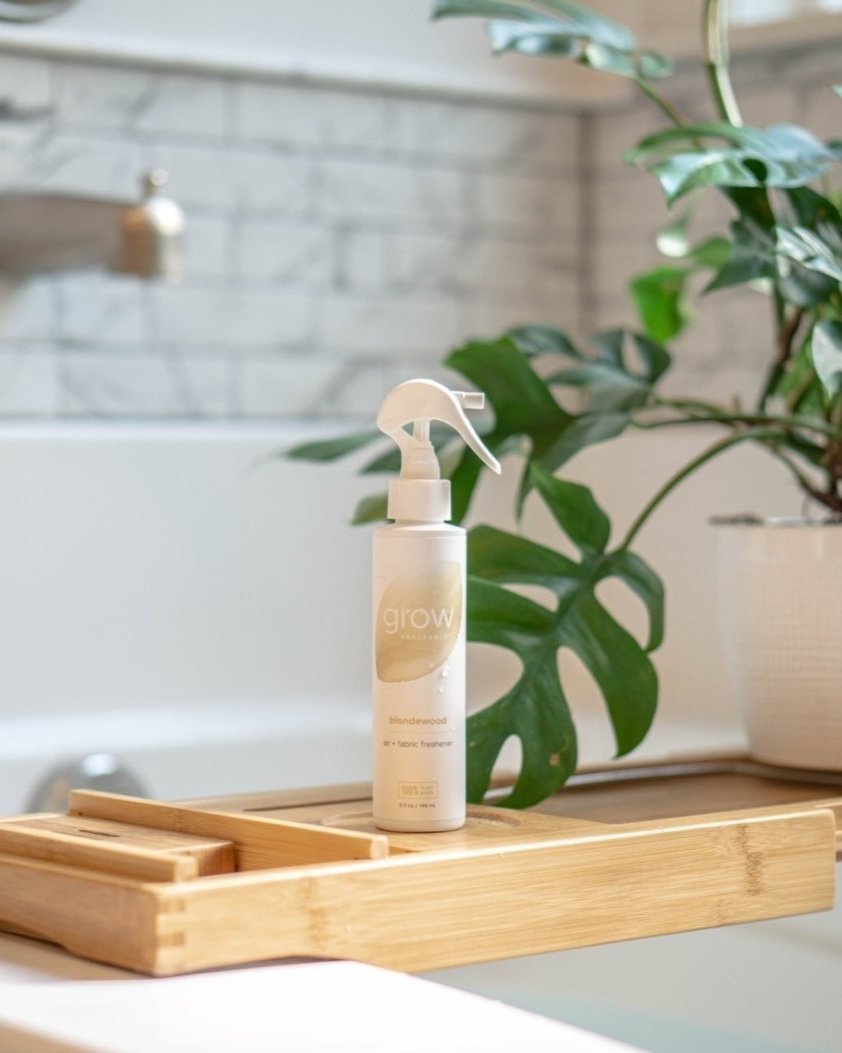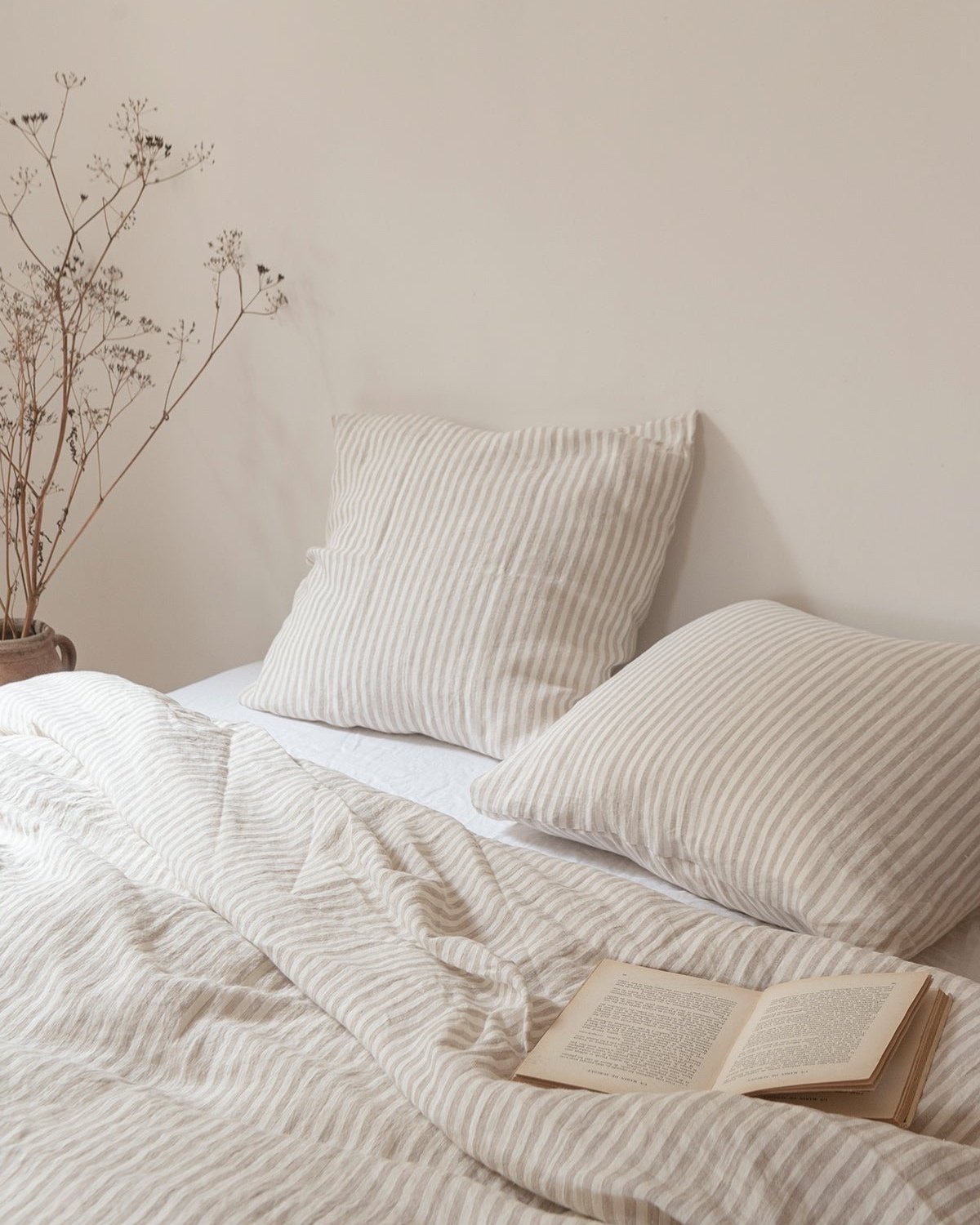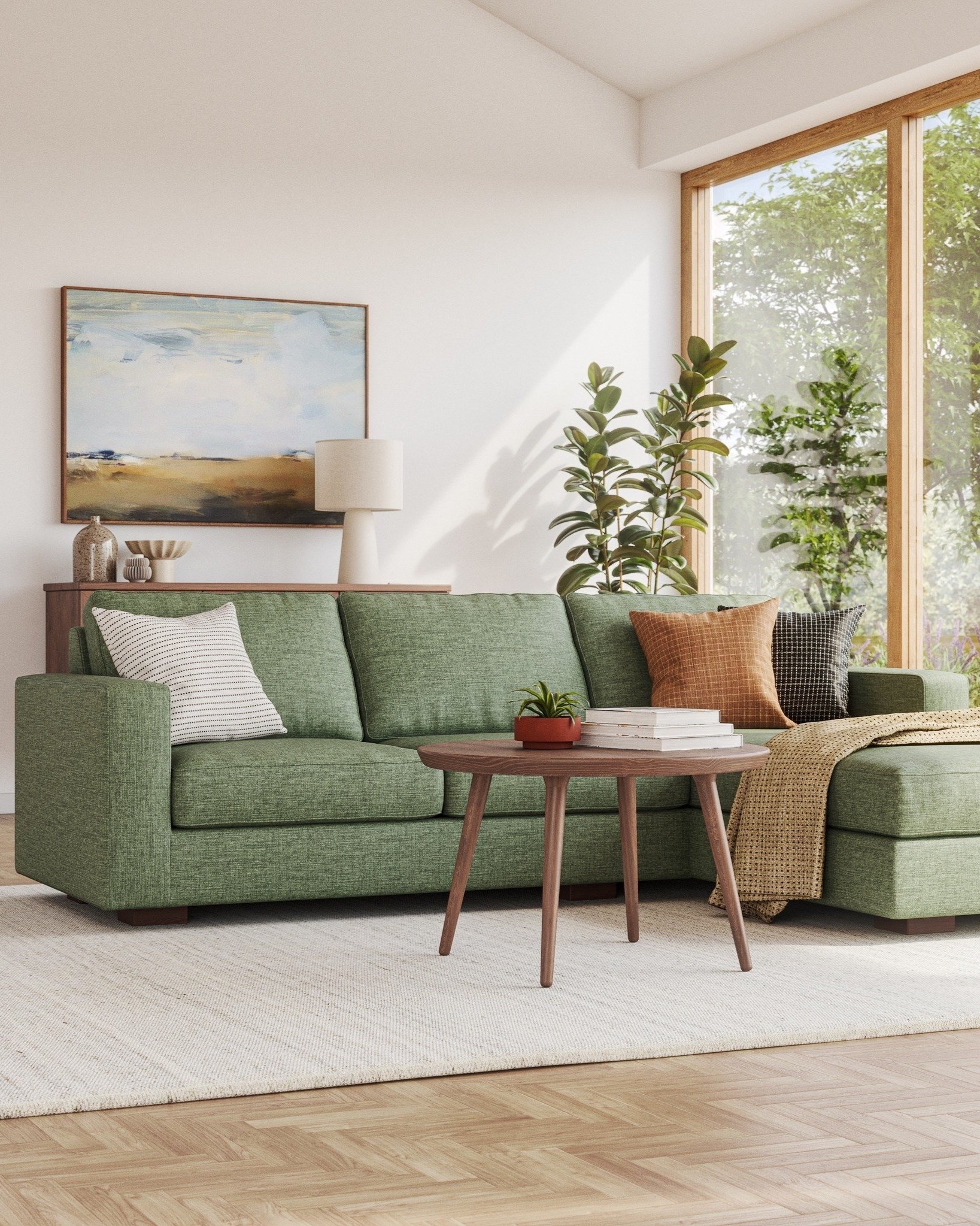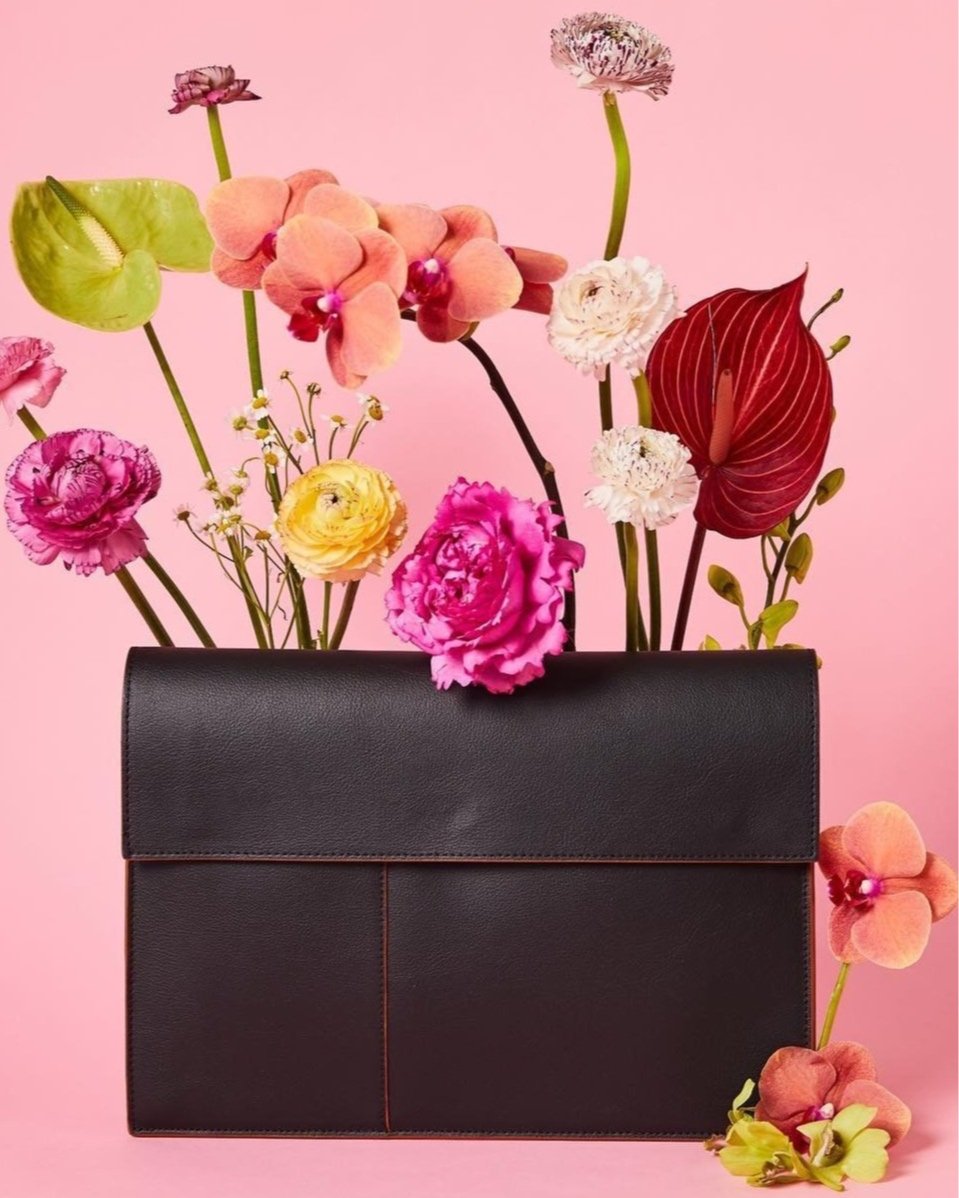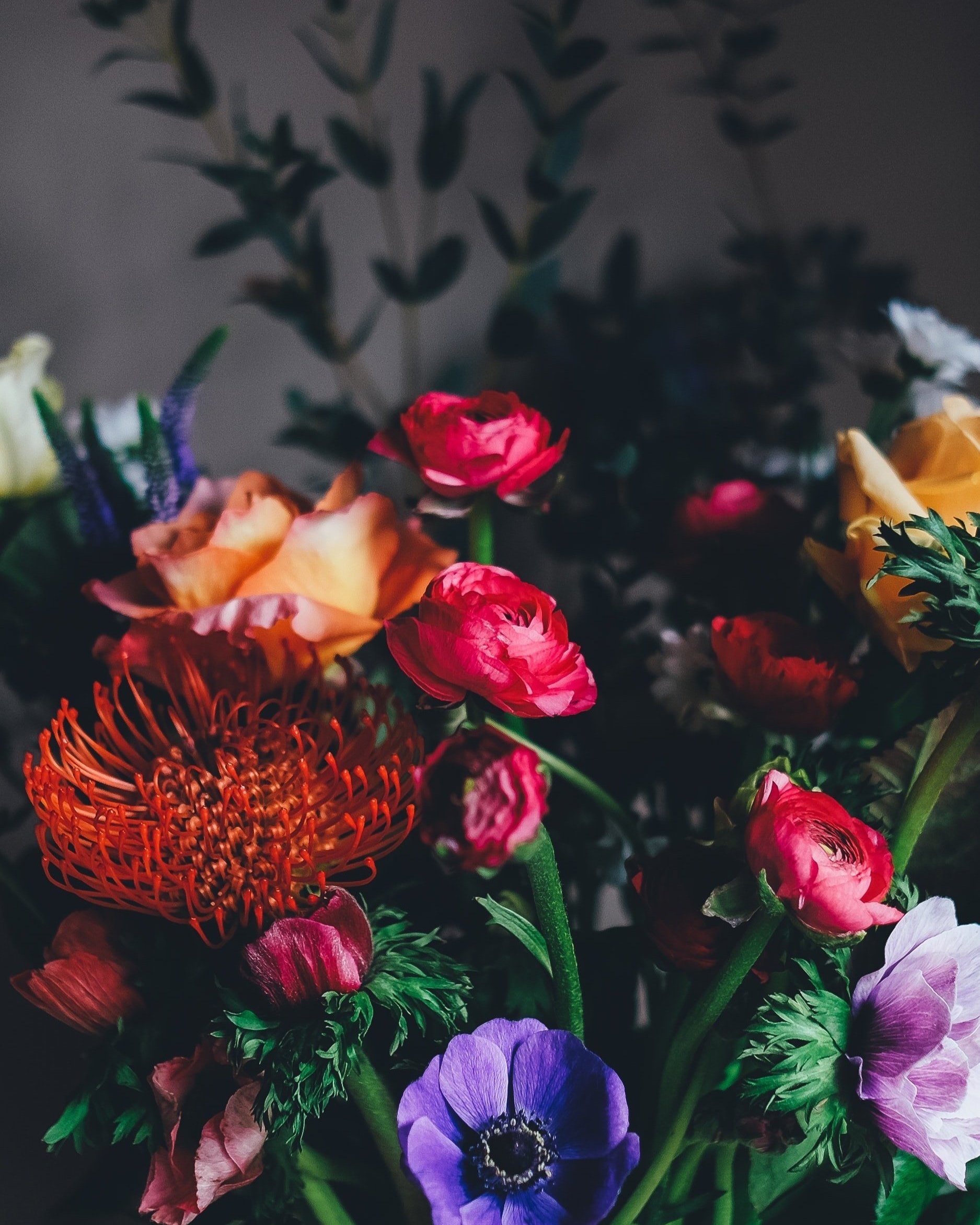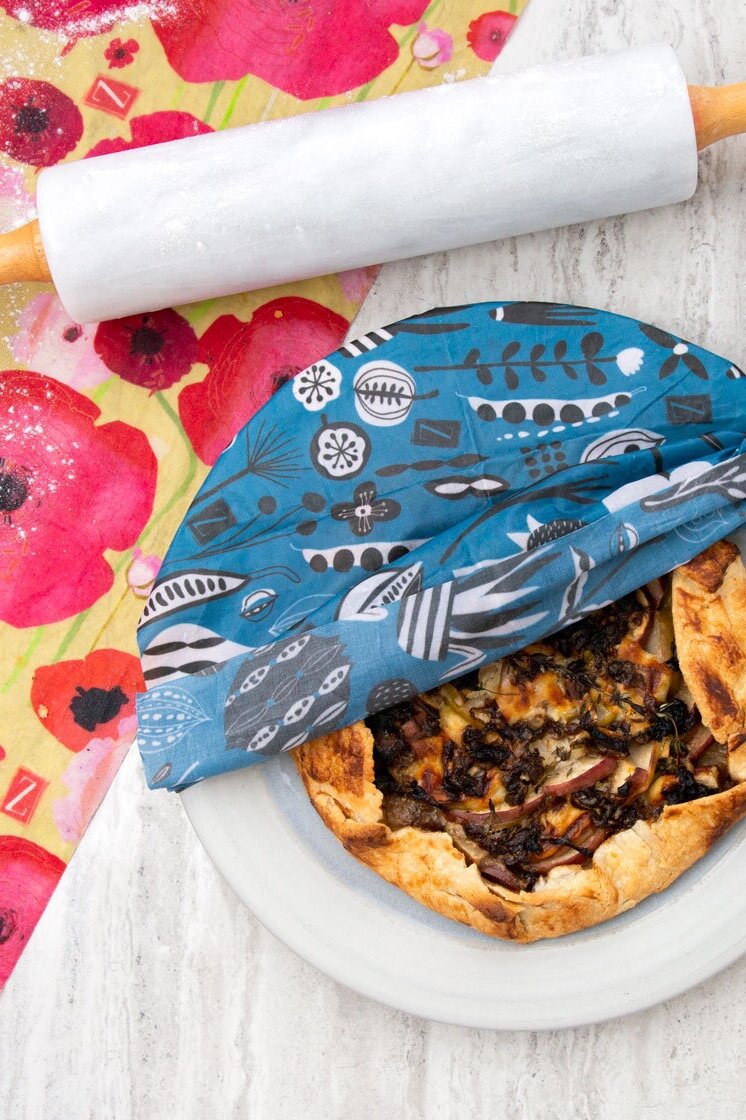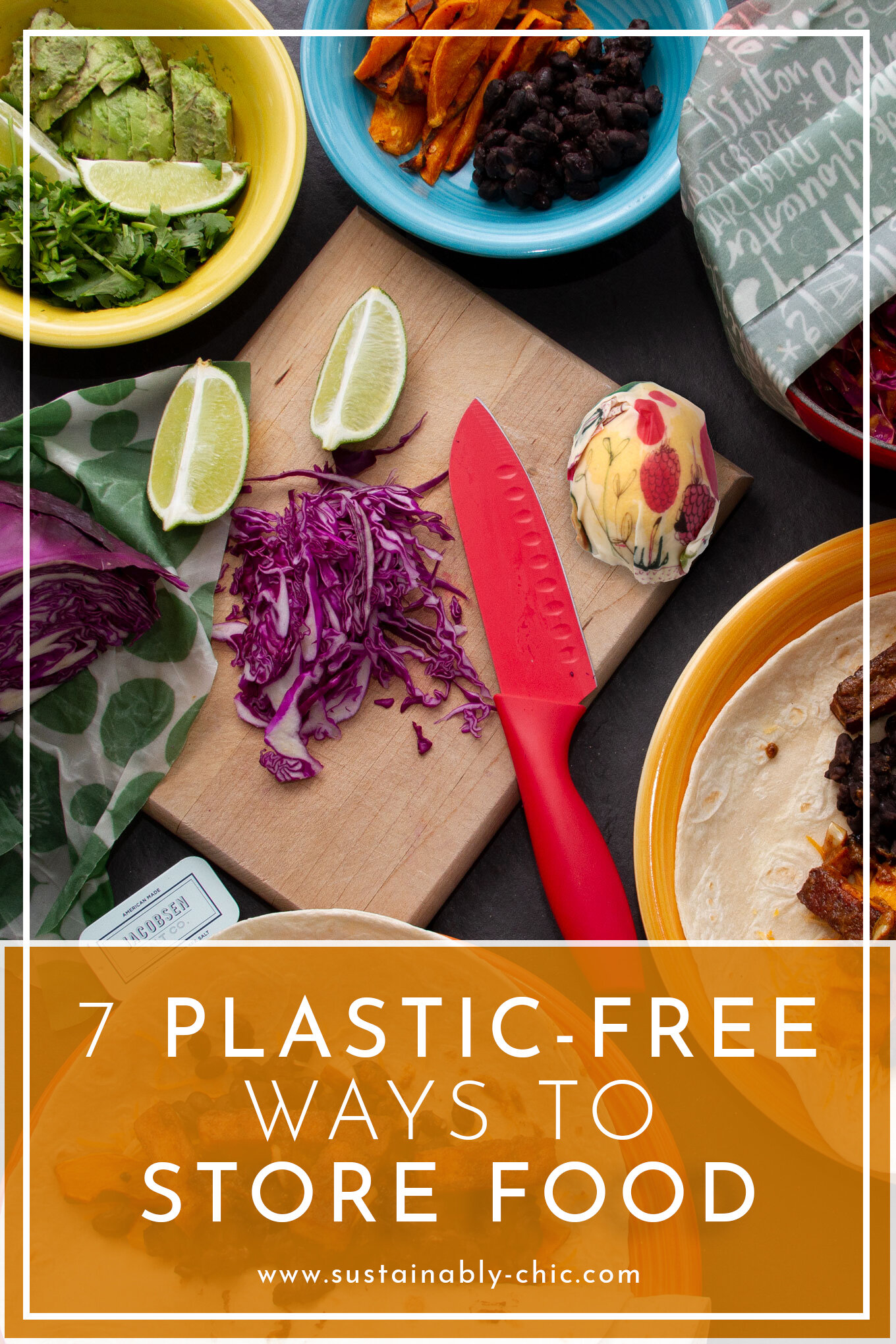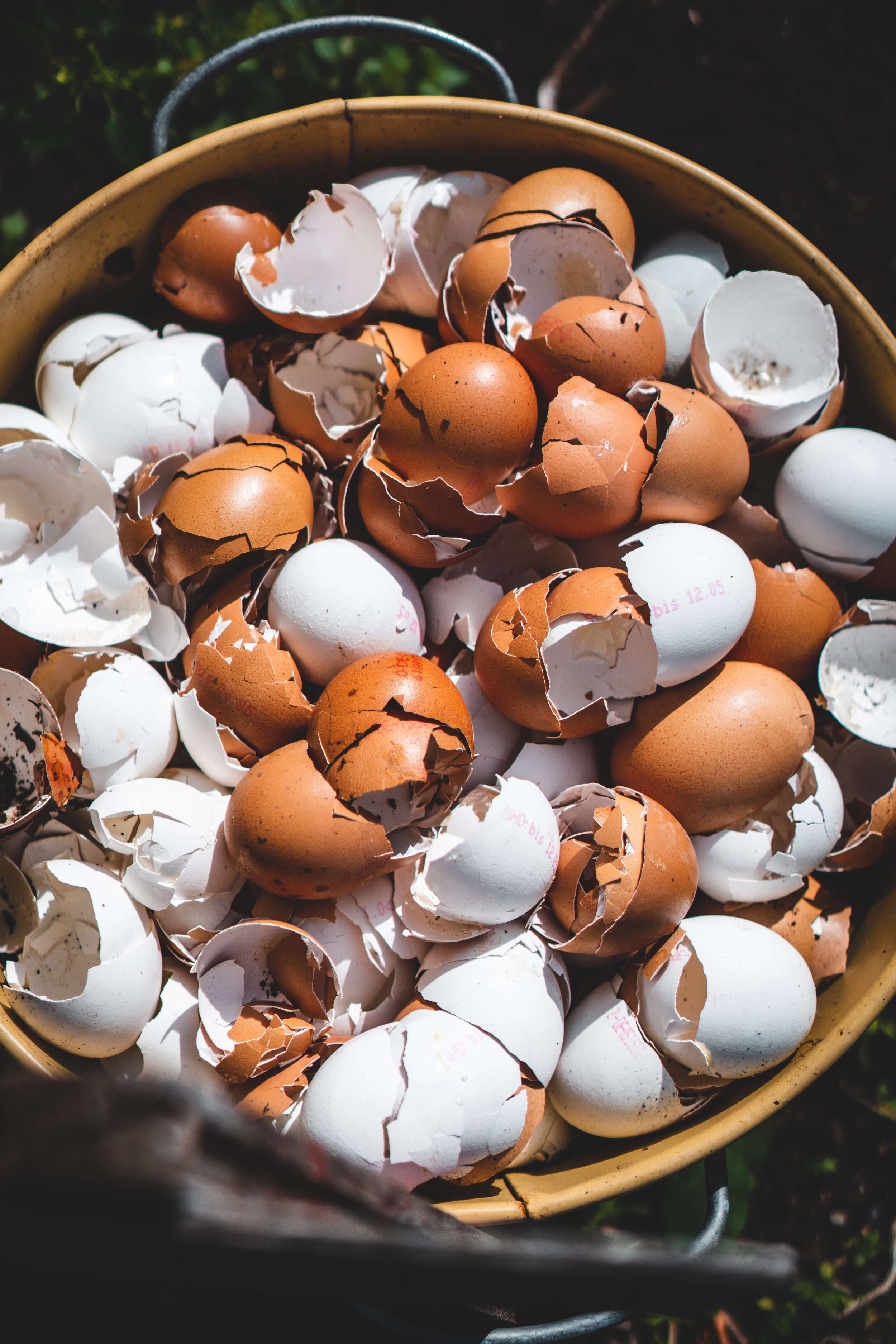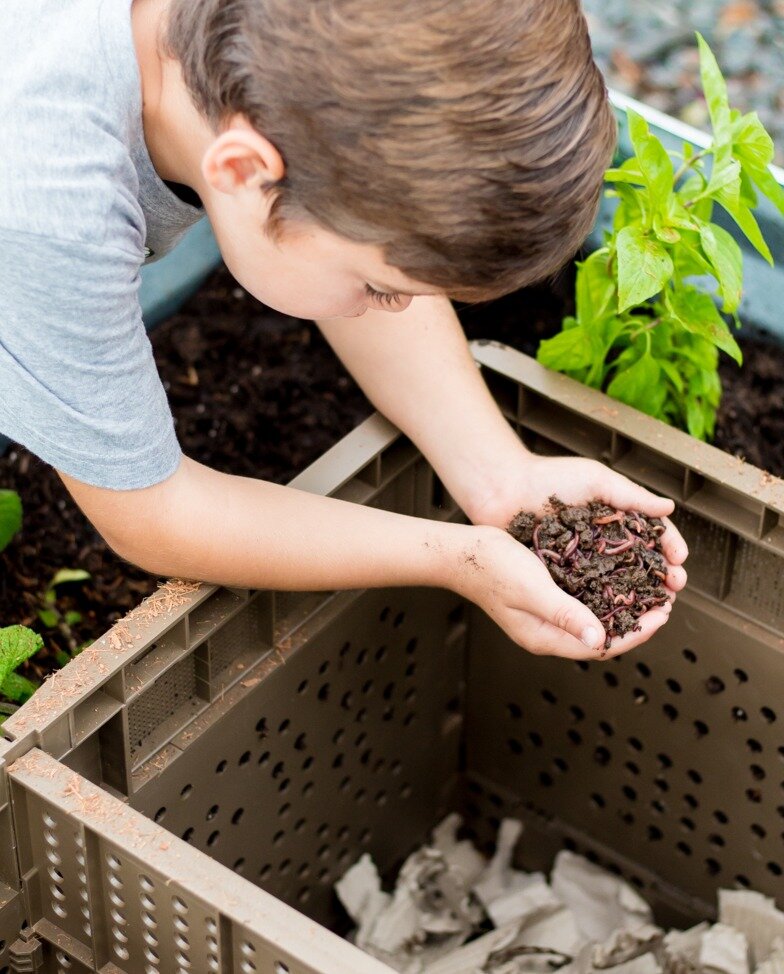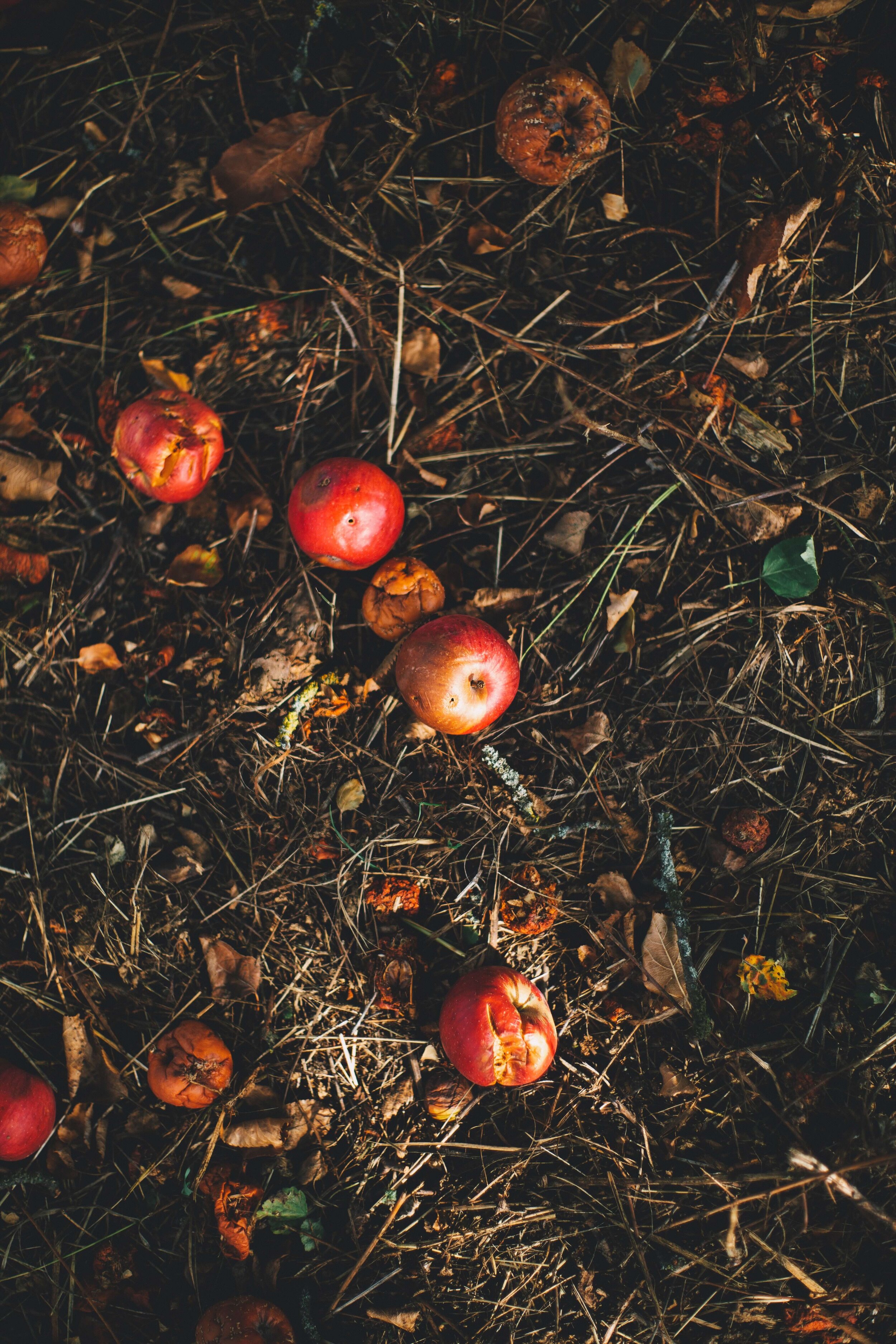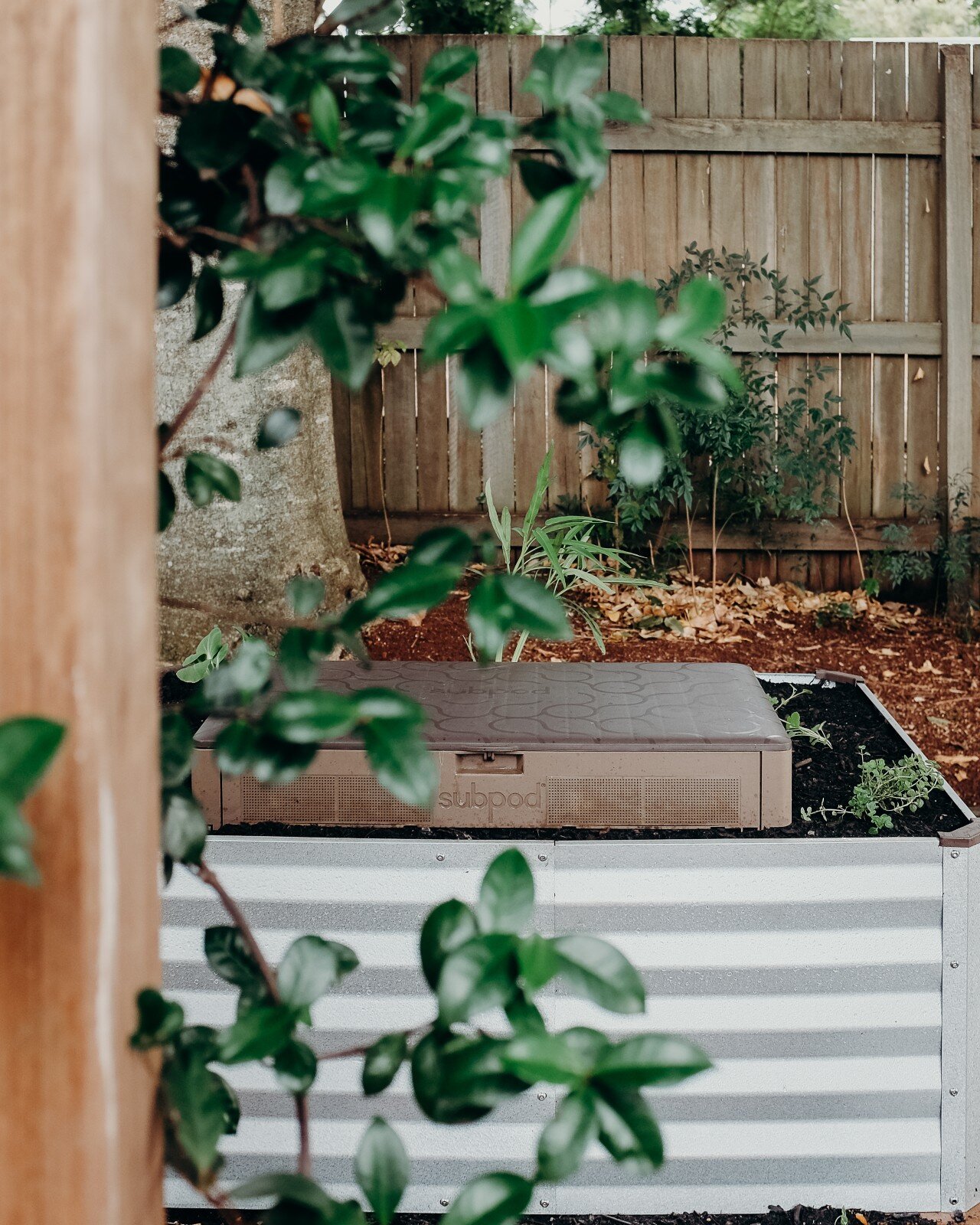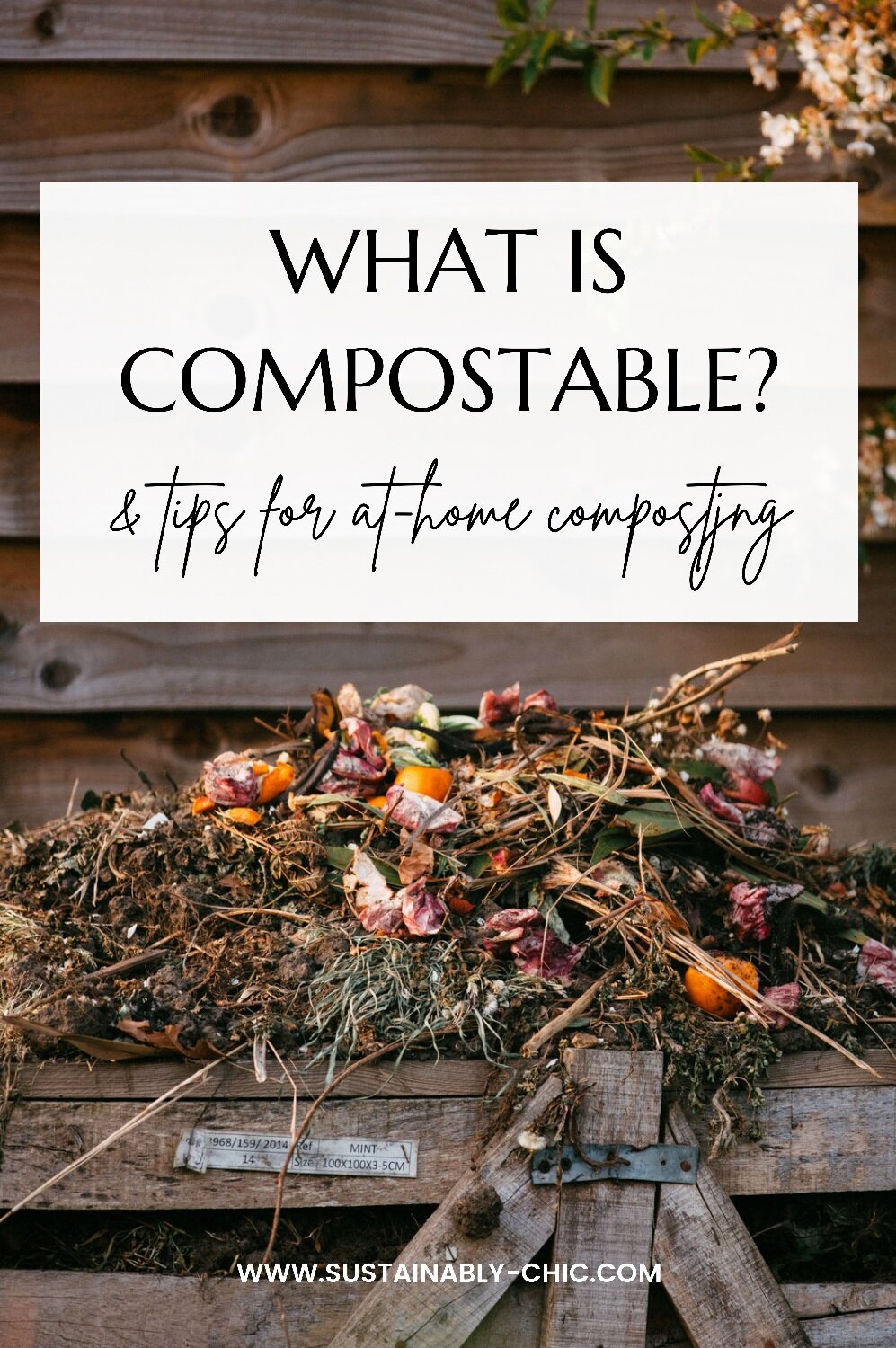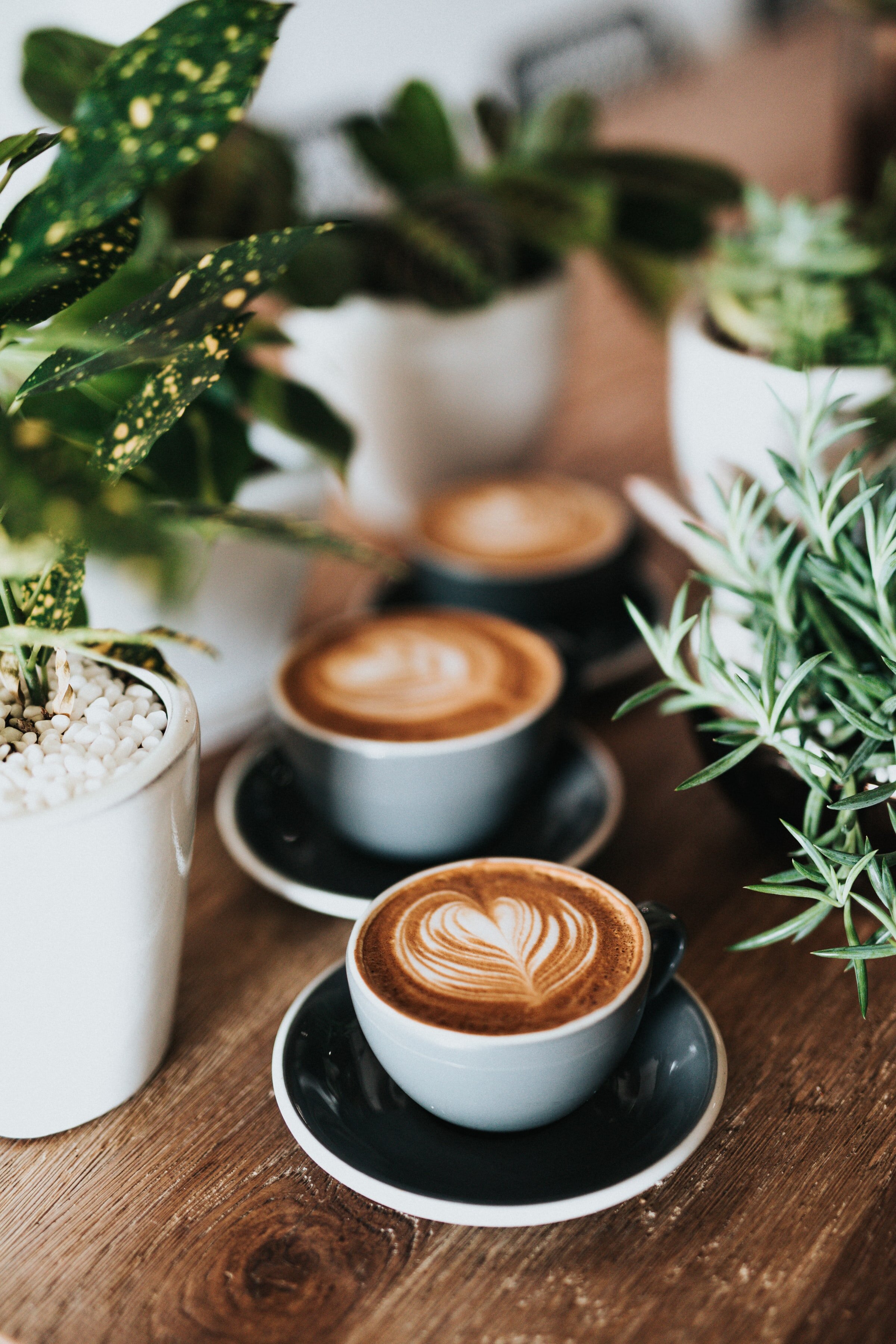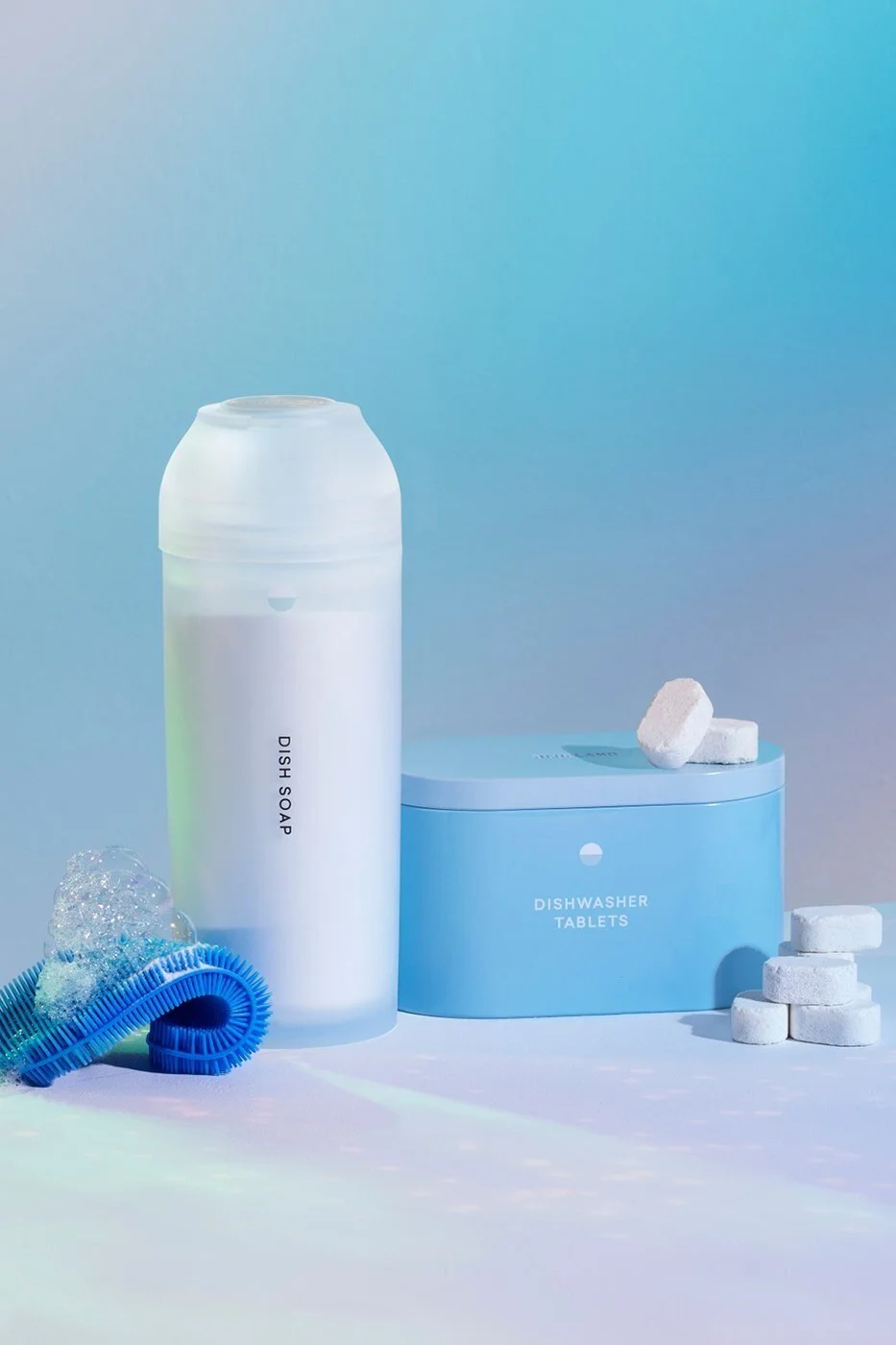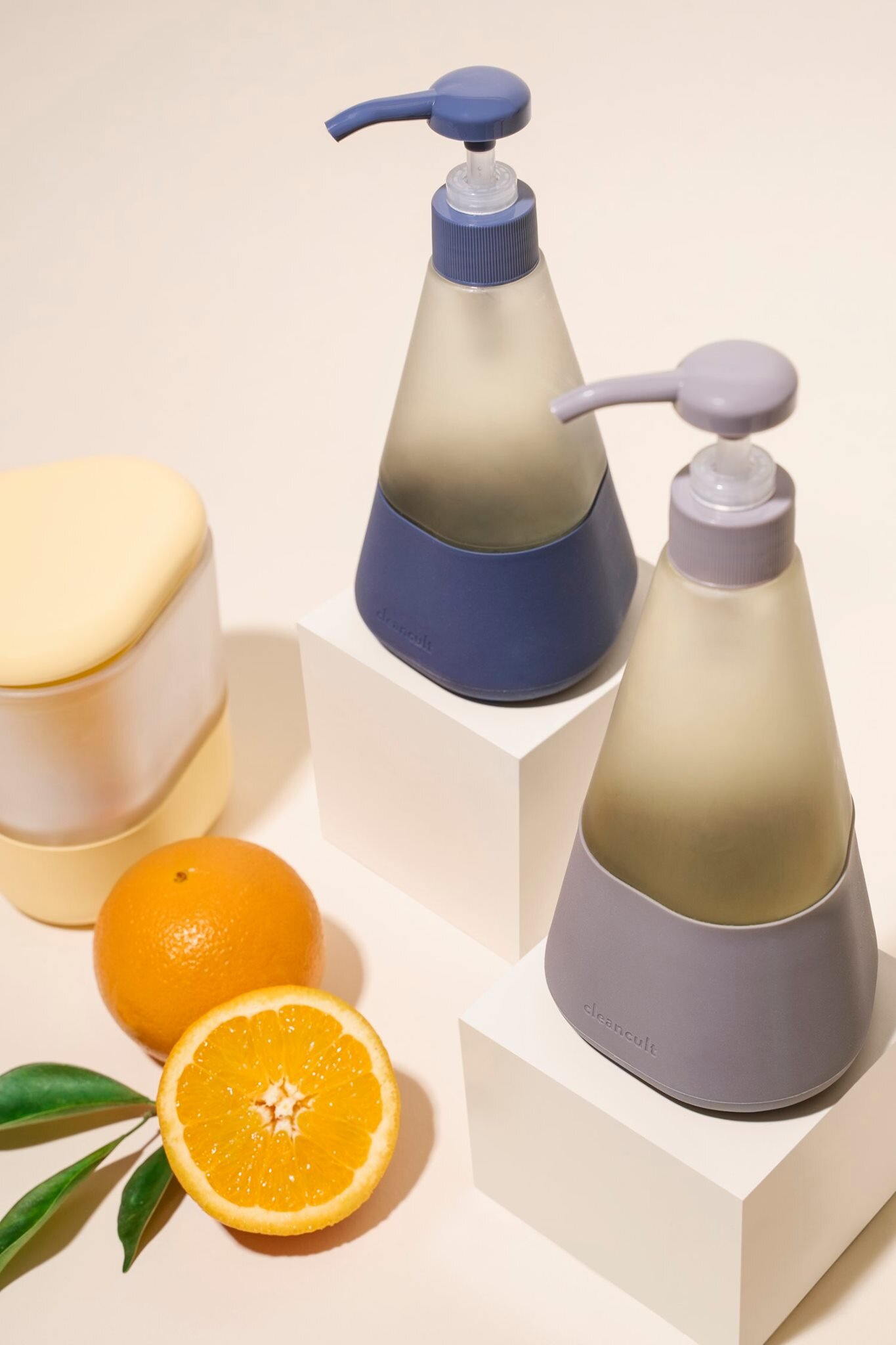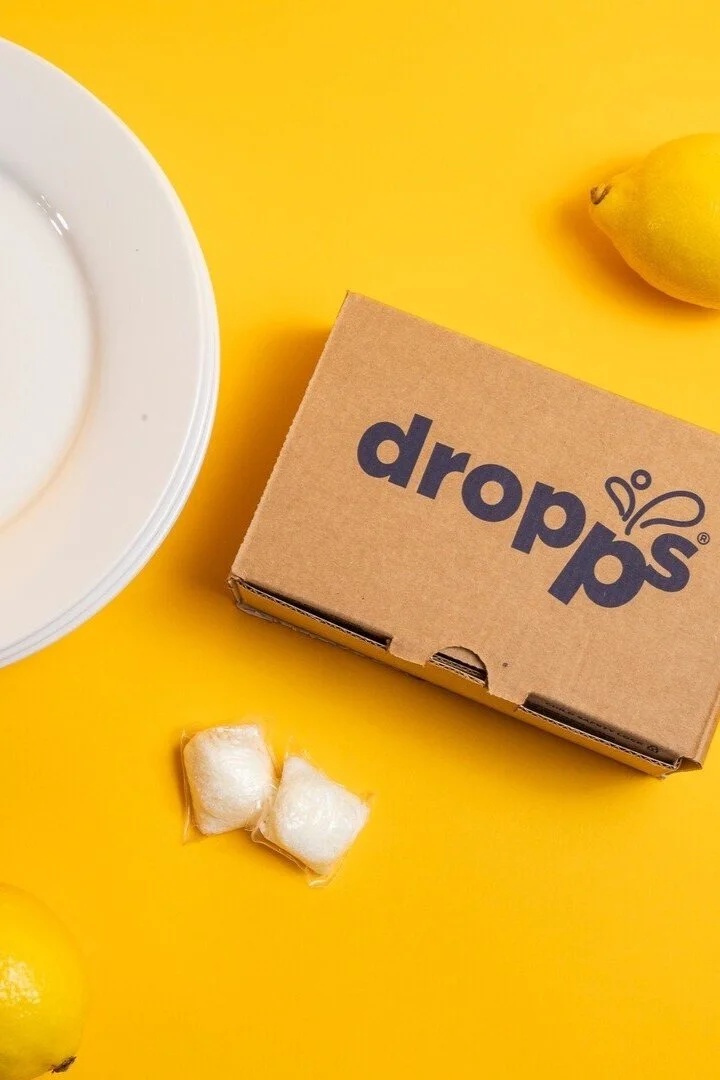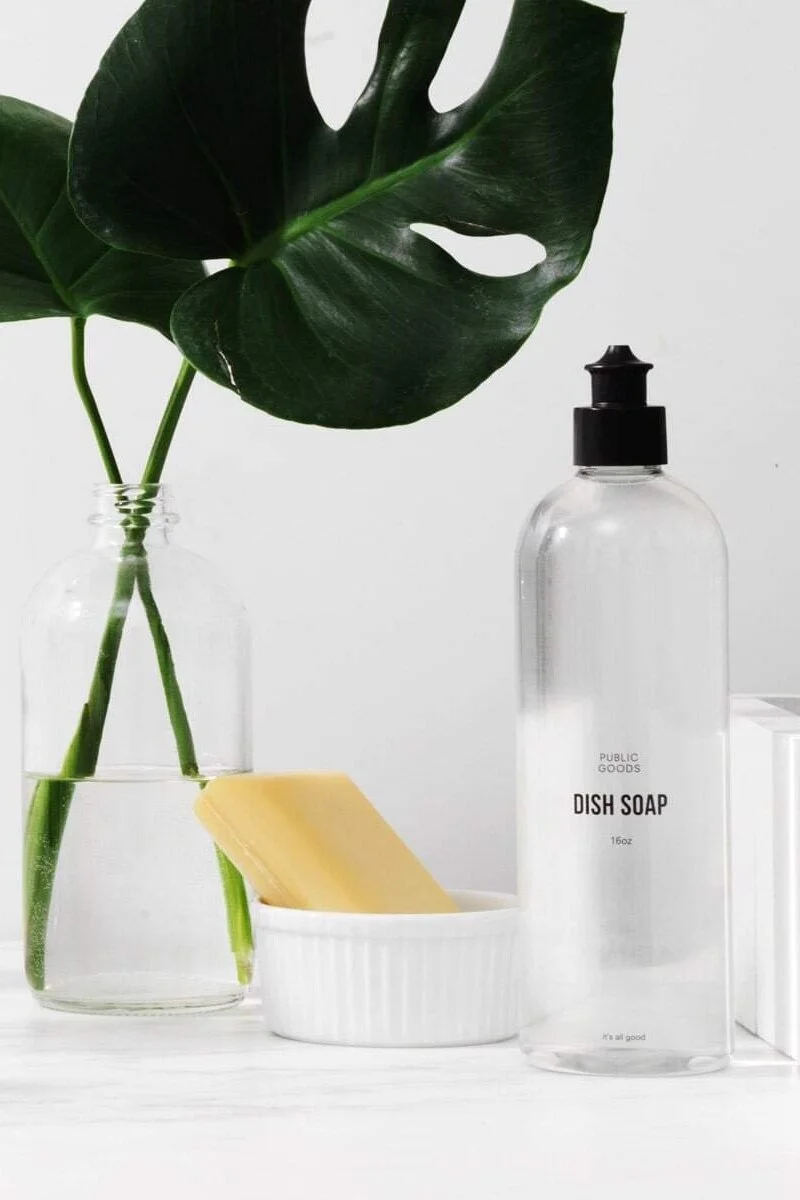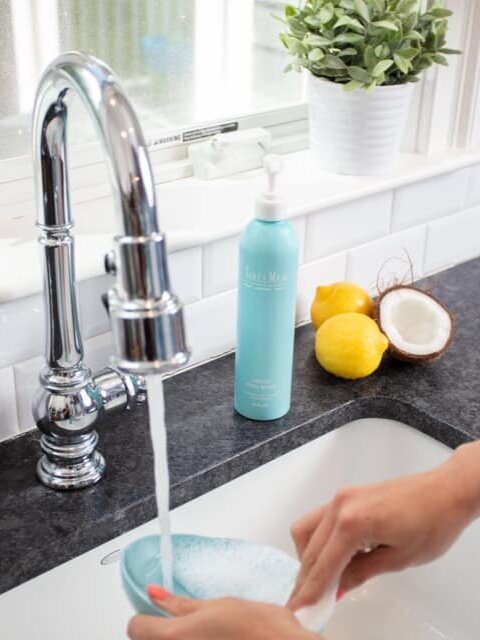What You Need for the Perfect Zero Waste Kitchen
Eliminating plastic & single-use items from the kitchen is a step-by-step process, but it is possible to work towards zero waste.
What is a Zero Waste Kitchen?
To put it simply: a zero-waste kitchen is a kitchen designed to avoid waste production. It focuses on not sending anything to the landfill and choosing circular, non-disposable products.
Is a Zero Waste Kitchen Attainable?
I think for a lot of people, the words ‘zero waste’ can come off quite daunting, but once you start implementing minor changes into your life every month, it gets easier and more accessible, I promise!!
Some of these tips you may already be doing without knowing you are making a zero waste choice. Kitchens have A LOT of waste, making it a great place to start when creating a sustainable, zero waste lifestyle.
This list gives you 14 super easy swaps you can probably even start today!
Now, 14 Easy Tips for a Zero Waste Kitchen:
Eco-Friendly WAter Filter
Ditch the plastic water bottles, and grab yourself a filter! Of course, not all filters are created alike, but this Soma one you can find at Shades of Green filters out unwanted substances using charcoal and activated coconut shell carbon. Their carbon footprint is lower than other filter systems because they are made from 60% plant-based and renewable materials. Shades of Green - an amazing online sustainable marketplace - only choose the best, sustainable products to have on their website. I highly recommend checking them out for other kitchen needs!
Beeswax Food Wraps
Since I just did a post on a brand who makes amazing reusable food wraps, I thought I’d start here! We can be so quick to grab plastic wrap when wrapping up bowls or half eaten fruit, but there are better ways to store those items. Z Wraps reusable wraps are made from cotton and has a layer of beeswax that helps cling to food and bowls. You just need the heat of your hand to activate the stickiness, and there you go! They are super easy to wash, and come in all different fun prints to add some color and fun to your kitchen.
Compost Food Scraps
My family is new to composting because it’s been fairly difficult to do it in the past. I now have a backyard composting system, so my kitchen now has its own little caddy. This one from simplehuman is awesome because you can easily hook it on your trash can, and everything stays in one place. I made an Instagram reel showing this guy off. I have a post in the works showing how you can compost at home, & I will link it up as soon as it is finished. I’m having fun with this new venture!
Glass Storage
I’m sure you have heard the saying ‘zero waste starts with what you already have’, & this is totally true, but sometimes the things you already have aren’t the most healthy. Take plastic storage containers - plastic is made up of many different chemicals, & when you heat it up or add in hot food, no matter if it says ‘microwave / heat safe’ chemicals will leak out. My suggestion would be to use your plastic storage containers for organizing drawers. By switching to glass, you can rid your food of possibly being infiltrated by toxic chemicals. These ones by Pyrex even have a wood lid!
Cloth Napkins & Towels
This was one of the first things I did in our kitchen. We used to use paper towels all the time, but I still felt guilty even buying recycled paper towels. We still have a few rolls in case of something really gross; however, most of the time we are using cloth towels and napkins. A lot of my cloth towels we own were ones I had in the kitchen I grew up in. They aren’t all pretty, but they work. Cloth napkins are the ones I prefer to have more aesthetically pleasing since they will grace the table. I love my Minna Lago Stripe Napkins pictured on the right. They are woven by a man named Manuel in the village of Nahuala. For towels, Delilah Home has some lovely GOTS organic ones that are super absorbent.
Biodegradable Dish Pods
I just started using a new brand called Dropps for our dishwasher, and I love it. They come delivered to my door in just a cardboard box and I fill up a jar to leave by the dishwasher. These pods will dissolve food debris, fight stains and do a great clean for all of your dishes. Even though they are natural, they can cut through the toughest grease and food particles, but they are gentle enough to protect glass and crystal from etching. Cleancult is another great brand you can try out for biodegradable dish detergent pods.
Refill Cleaning Products
There are many ways you can make this tip happen! If you feel comfortable making your own cleaner, there are tons of recipes you can find online. Either you use an old plastic spray bottle from an old cleaner to put your DIY spray in there, OR you can use a glass bottle if that makes cleaning more fun for you. This one from EarthHero - use code Natalie10 for 10% off - is made from sustainable materials like glass, bamboo, silicone, and recycled plastic. I recently started using ThreeMain, which sends you refillable packs for your cans. Their products work really really well!
Reusable Bags for Freezing & Microwaving
Stasher bags are one of the most versatile reusable items you can have in your kitchen. These bags are made from platinum silicone and are completely free of BPA, BPS, lead, latex, and phthalates. They come in many different sizes, and tons of gorgeous colors. “Stasher has passed all U.S. and Canadian food safety standards in addition to the most strict guidelines of all, the European Union food safety standard. Even our colorants, which give Stasher bags their “to-dye-for” hues, are completely safe for food.”
Reusable Straws
While it may be difficult to always avoid plastic straws in public, at home, we can definitely rid our pantry of plastic straws - & I want to mention that for some people with disabilities, plastic straws are the best option so I don’t want to talk about this like is should be universal rather a suggestion for others. In our home, we have glass and metal straws we use with smoothies. I have yet to try bamboo straws, but I love the look of them! Just make sure you have a long brush to clean the inside when you are done - and a tip, don’t let it sit around all day with smoothie in it :P
Reusable Shopping Bags
I feel like this was the first kitchen switch that ever became popular, so why include it? Well, I thought my days of saying ‘stop using plastic grocery bags’ were over, but every time I’m at the grocery store, I still see at least one person bagging their lemons and bananas. Our mission is not done, yet! I’m sure your home already has a few totes or shopping bags to use, but something you may not have are reusable produce bags. SO if you happen to be one of those who likes to individually bag their veggies and fruits, I highly suggest putting a handful of these into your grocery tote.
Make Your Own Bubbles
I used to love drinking La Croix, but I knew with how much we would drink, it was a major waste problem in our kitchen. Sure, aluminum is much easier to recycle than glass or plastic, but it’s still a waste I can avoid. We have a SodaStream, which works great, but I was recently informed they have had some ethical issues going on within their company. There are many different carbonating type products on the market, so do some research and see what’s best for you and your family.
French Press For Coffee
I’m not sure coffee can taste any better than out of a French press. That’s how I drank my coffee for years. We would grind up the beans every morning, and make a few cups hot off the French press. We are lucky to have coffee makers that came with reusable filters that require no single-use filters. But then there are also those dreaded K-Cups that are used once, and thrown out to sit in a landfill for many many years. There are millions of people a day using those pods, & it’s just an unnecessary waste when we have reusable pods & great things like French presses.
Purchase in Bulk
I know with Covid, things have kind of regressed in terms of zero-waste/bulk shopping. You really aren’t able to buy things without packaging, and even some places won’t let you bring you own bags in. BUT for when things do start to get back to a new normal, buying your fruits, veggies, nuts, etc without plastic is better. What I try to do every month is pick one thing I love to eat and try to make it as zero-waste as possible. My next task will be making my own hummus instead of buying it pre-made.
To-Go Containers
This is something I need to work on - I have a go-bag with everything I need so I don’t have to use single-use items, but sometimes I forget it. One of these days I’ll make a post about everything I think you should carry on you or in your car, but for now, something easy to throw in your purse is a reusable cup and small container in case you have leftovers from going out to eat at a restaurant. I personally love our Minimal Products. From their bento boxes (made from discarded rice husk) to their insulated food jar, their products are very well-made!
PIN THE PHOTO TO SAVE THIS POST FOR LATER
We are constantly updating blog posts to give you the best in sustainable fashion, beauty and lifestyle.
This post is sponsored in part by Z Wraps & Shades of Green and contains affiliate links.
As always, views are genuine and brands are truly loved.
Thanks for supporting the brands who are working to make this industry a fairer and cleaner place!
WANT MORE SUSTAINABLE BRANDS? VISIT OUR BRAND DIRECTORY!
Our Brand Directory is home to hundreds of sustainable brands, from makeup to cleaning supplies, from underwear to shoes. We have broken everything down by category for easy shopping, along with discount codes unique to Sustainably Chic viewers.

